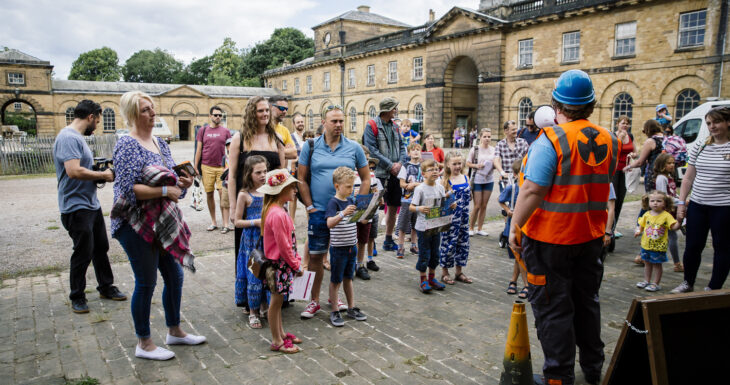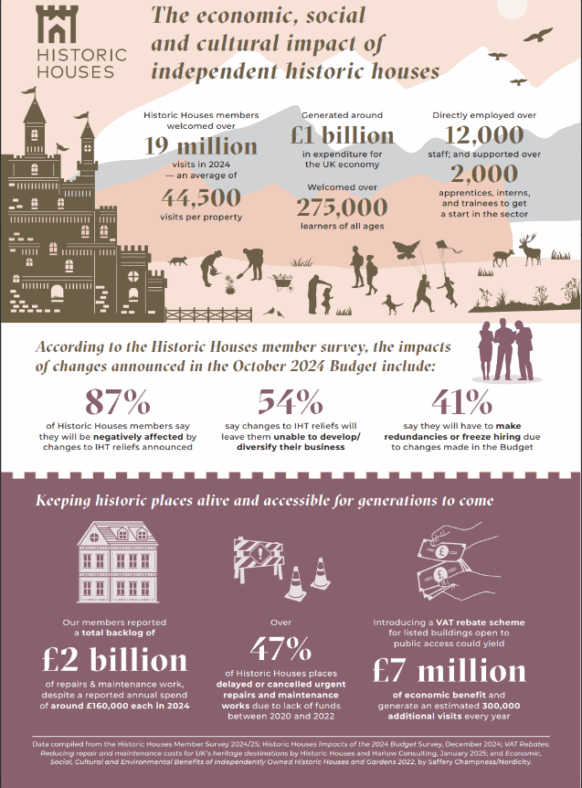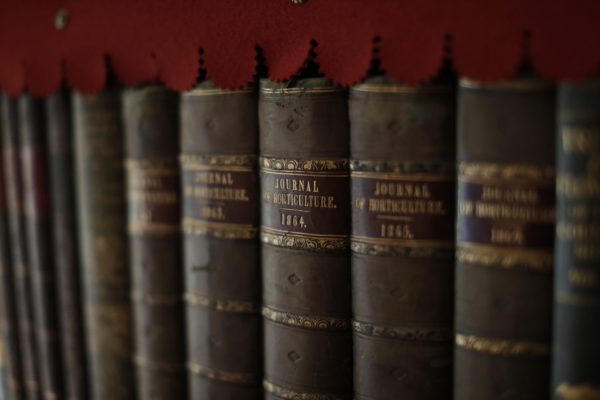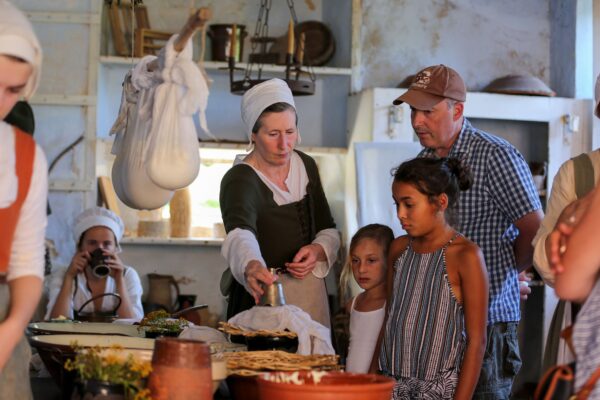Our current campaigns
What we're making the case for right now

At Historic Houses we aim to improve the legislative, policy and regulatory framework within which owners of historic houses look after the nationally important heritage in their care.
Our Campaigns
Planning
Planning and heritage protection policy impacts all of our 1,450 member houses, regardless of their size or activity, and continues to be one of the key priorities for our policy team.
Our campaigning recognises that, while robust heritage protections must be maintained, there is a clear rationale and scope for streamlining targeted elements of the planning and heritage protection systems to improve their efficiency and effectiveness: particularly in the midst of an energy crisis, and the time to reach net zero getting ever shorter. Targeted simplifications to the system affecting listed buildings could lead to savings in time and money for both applicants and local authorities, without impacting the protection of important heritage.
In the current system, it is too often the case that overstretched local authorities and time-consuming bureaucratic processes can stand in the way of appropriate and sympathetic changes to listed buildings which would support their viable economic use and, crucially, the opportunity to address climate change. We believe strongly that a more enabling planning system – one which allows listed buildings to evolve through sensitive and carefully-managed change via a streamlined bureaucratic process – would have a positive impact on heritage protection, by ensuring these important buildings and places are able to access a viable economic use and sustainable future.
We support the work being done in the Royal Borough of Kensington & Chelsea through the introduction of Local Listed Building Consent Orders for some window works and solar PV panels, and would like to see greater use of Listed Building Consent Orders nationally on low-risk, energy-saving interventions.
Our work with government, politicians and partners across the sector focuses on developing simple reforms to the planning system which would make a real difference to our houses’ daily work looking after the heritage in their care. We work with civil servants and politicians across DCMS, MHCLG and DESNZ to make the case for these changes, and contribute to consultations or calls for evidence wherever possible.
Energy and Sustainability
The climate emergency is here, and is already wreaking havoc to aspects of our natural environment: whether it be heatwaves and droughts or cold snaps, flooding and storms, extreme weather is becoming more frequent, and with terrible consequences. Historic houses, big and small, need to adapt where they can to be better prepared to deal with the climate emergency.
Th UK’s housing stock (around 20%, or 1 in 5, were built pre 1919) is the oldest in Europe, and our draughty houses need to be retrofitted appropriately where possible to ensure that they are comfortable, warm homes. As things stand, many older buildings find themselves penalised by EPC (Energy Performance Certificate) requirements. These are useful tools for measuring cost and fuel poverty, but they were never designed as a tool for measuring genuine energy efficiency or carbon. The measures they recommend to improve the energy performance of buildings are often inappropriate for traditional or historic buildings.
As a result, the continued use of EPCs within the regulatory framework means that thousands of houses are at risk of being made illegal to let – further exacerbating housing shortages and resulting in a greater carbon cost. We are keen to see proper safeguards put in place to ensure historic and traditional buildings can continue to be used as much loved homes, and not excluded from the housing market because of their historic fabric.
Tax
The tax system is a key part of the policy framework affecting historic houses and gardens, and can have a hugely significant impact on independent owners’ abilities to fund the maintenance and conservation of these places people love to visit.
The majority of historic houses open to the public are not owned by national charities or government agencies; most of these much-loved visitor attractions are in fact owned by independent owners or small family businesses, with their upkeep and conservation funded through their owner’s financial resources. This means they can’t benefit from Gift Aid, access to grants, VAT relief or the other advantages of charitable status.
Practical, cost-effective improvements to the tax framework are essential to help custodians tackle the huge backlog of repairs these special historic places require. A VAT relief scheme for repairs and maintenance on heritage buildings open to the public would enable heritage attractions to tackle the backlog and invest in their businesses, boosting their local economies and keeping heritage alive for centuries to come.
We are also working hard to oppose the changes announced to Business Property Relief (BPR) and Agricultural Property Relief (APR) announced at the Autumn Budget. You can read more about this here.
The facts and figures behind our campaigns
We know that an entrepreneurial approach to heritage is often the only way to generate enough income to keep these unique places well looked after and open for the public to enjoy.





